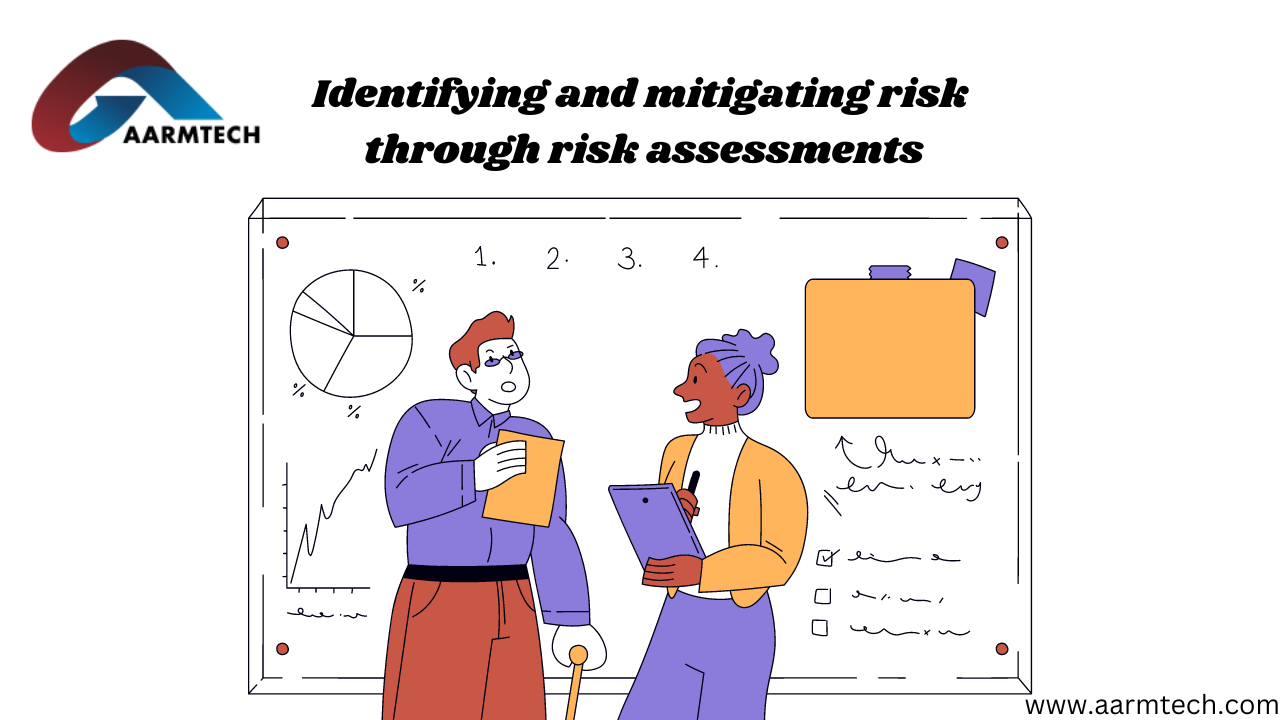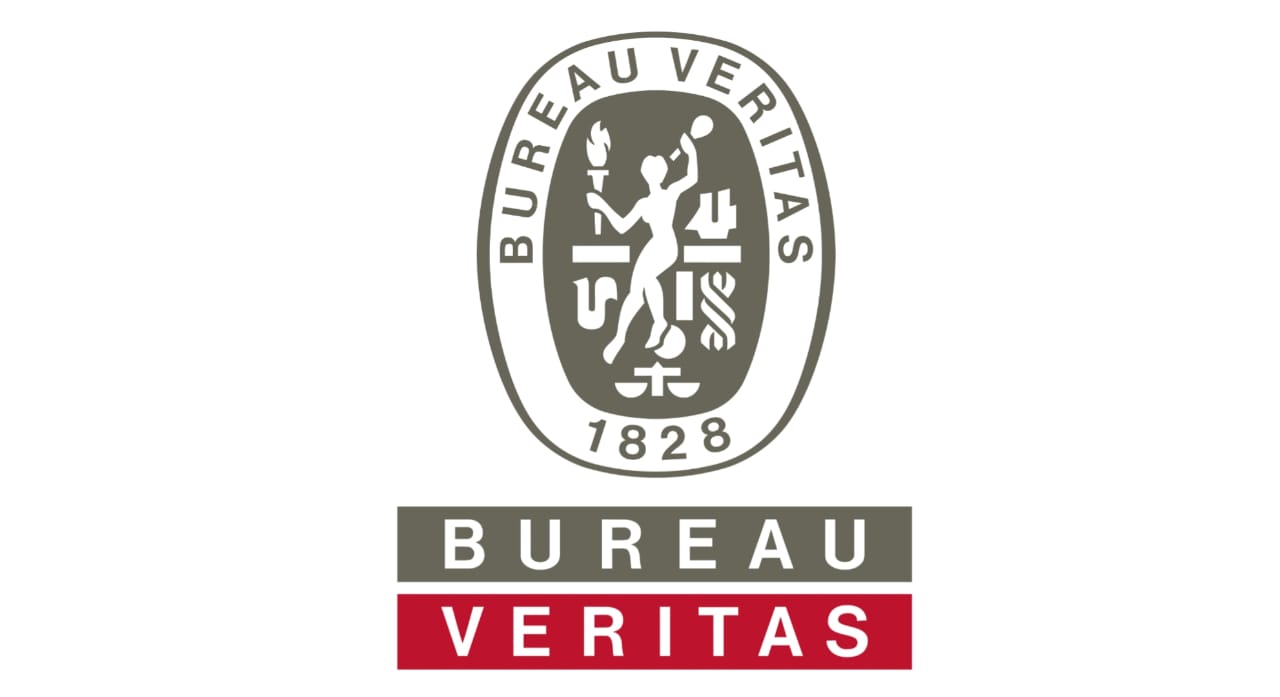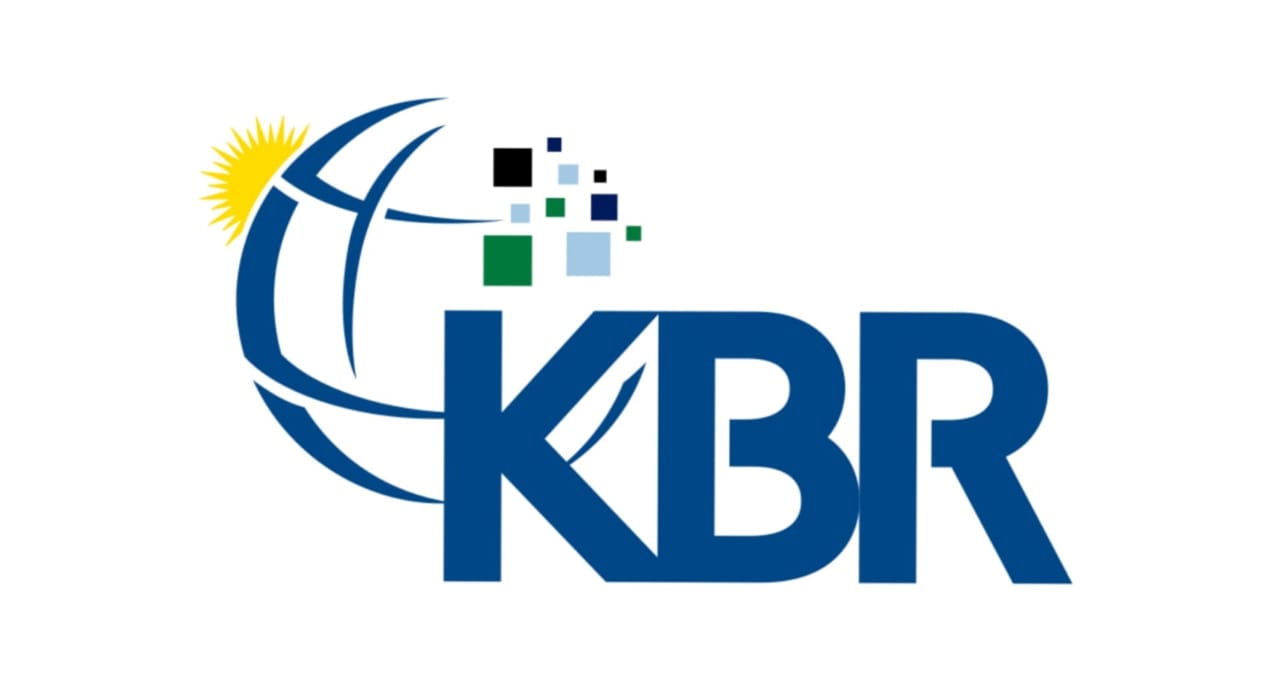Understanding the importance of Risk Assessment: Safeguarding Your Organization
Risk assessments are an essential part of any business. It is the process of identifying potential hazards and evaluating the likelihood and severity of their impact on the company's operations, finances, reputation, and employees.

Understanding the importance of Risk Assessment: Safeguarding Your Organization
What is Risk Assessment?
Risk assessments are an essential part of any business. It is the process of identifying potential hazards and evaluating the likelihood and severity of their impact on the company's operations, finances, reputation, and employees. The purpose of risk assessment is to minimize or eliminate risks that could negatively affect the business.
Why Risk Assessment is necessary for any Organization or Business
Risk assessments are an essential tool for identifying and mitigating potential risks in any organization. A risk assessment is a process that involves identifying, analyzing, and evaluating potential hazards or threats to an organization's operations, assets, or personnel. The goal of a risk assessment is to identify areas where the organization may be vulnerable to harm and develop strategies to mitigate those risks.
The first step in conducting a risk assessment is to identify potential hazards or threats. This can include natural disasters, cyber-attacks, theft, or accidents. Once these risks have been identified, they must be analyzed to determine their likelihood and potential impact on the organization.
After analyzing the risks, mitigation strategies can be developed. These strategies may include implementing security measures such as firewalls or physical barriers, developing emergency response plans, or training employees on how to respond in case of an emergency.
Regularly conducting risk assessments is crucial for maintaining a safe and secure environment for employees and protecting organizational assets. By identifying potential risks and implementing mitigation strategies, organizations can reduce the likelihood of harm occurring and ensure business continuity in the face of unexpected events.
Importance of Risk Assessment in Business
- One of the main benefits of conducting risk assessments is that it helps businesses to save money by preventing costly incidents from occurring. By identifying potential hazards in advance, companies can take proactive measures to prevent accidents, injuries, and property damage.
- Risk assessments also help businesses comply with legal requirements and regulations. Companies that fail to conduct proper risk assessments may face legal consequences if an incident occurs due to negligence.
- Furthermore, risk assessments can improve employee morale by creating a safer work environment. When employees feel safe at work, they are more likely to be productive and engaged in their work.
Conducting regular risk assessments is crucial for any business looking to protect its assets, employees, and reputation. It is a proactive approach that can save companies time and money while improving overall safety and productivity in the workplace.
The Risks Involved in Risk Assessment
One of the main risks involved in risk assessment is the possibility of overlooking certain risks. This can occur when the assessor lacks sufficient knowledge or experience in a particular area or when they rely too heavily on past assessments without considering new factors. Another risk is the possibility of underestimating or overestimating the severity of a risk, which can lead to inappropriate mitigation strategies being implemented., Additionally, there is a risk that stakeholders may not fully understand or accept the results of a risk assessment. This can occur if communication and consultation with stakeholders are inadequate or if they do not trust the assessor's expertise.
To mitigate these risks, it is essential to ensure that assessors have appropriate training and experience and that all stakeholders are involved in the process. Regular reviews should also be conducted to ensure that assessments remain up-to-date and relevant.
Characteristics of Risk Assessment
- The first characteristic of risk assessment is identifying potential risks. This involves a thorough analysis of all aspects of the business to identify any potential threats or vulnerabilities. Once identified, these risks are then analyzed to determine their probability and impact on the organization.
- The second characteristic is evaluating the probability and impact of each risk. This involves assessing how likely it is that a particular risk will occur and what its potential consequences would be if it did.
- The third characteristic is developing appropriate risk management strategies. This involves developing plans to mitigate or eliminate identified risks through various means such as insurance policies, contingency plans, or other measures.
- Finally, monitoring and reviewing the effectiveness of these strategies is crucial to ensure that they are working as intended. Regular reviews help identify any new or emerging risks that may require additional attention.
Effective risk assessment in business requires careful consideration of all possible threats and vulnerabilities facing an organization. By identifying potential risks early on, evaluating their likelihood and impact, developing appropriate mitigation strategies, and regularly monitoring their effectiveness can help businesses minimize their exposure to adverse events while maximizing opportunities for growth.
Is Risk Assessment Essential For an organization?
Risk assessment is an essential process for any organization, regardless of its size or industry. It involves identifying potential risks and hazards that could impact the organization's operations, employees, customers, and stakeholders. By conducting a thorough risk assessment, organizations can develop effective strategies to mitigate these risks and prevent them from becoming major issues.
One of the main benefits of risk assessment is that it helps organizations make informed decisions about their operations. By understanding the potential risks associated with certain activities or processes, they can take steps to minimize those risks and avoid costly mistakes. Additionally, risk assessment can help organizations comply with legal and regulatory requirements by identifying areas where they may be non-compliant.
Another important aspect of risk assessment is that it promotes a culture of safety within an organization. When employees are aware of potential hazards and understand how to mitigate them, they are more likely to take proactive measures to ensure their own safety as well as that of their colleagues.
In conclusion, risk assessment is an essential process for any organization looking to operate safely and efficiently in today's complex business environment. By identifying potential risks and developing effective mitigation strategies, organizations can protect themselves from harm while also ensuring the well-being of their employees and stakeholders.











